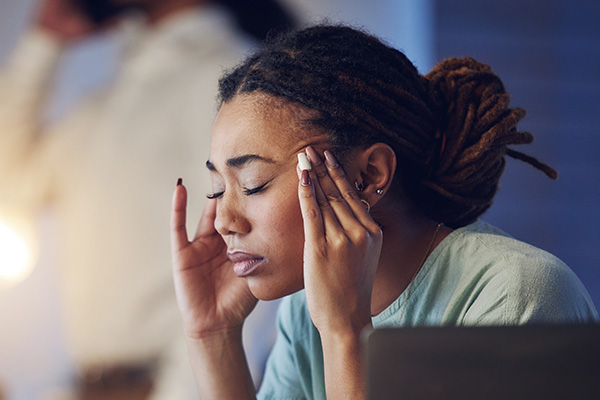In our fast-paced, modern world, stress and anxiety have become commonplace, affecting the well-being of many. Traditional Chinese Medicine (TCM) offers a holistic approach to managing these conditions, focusing on restoring balance and harmony within the body.
Chinese Medicine for Anxiety
TCM views anxiety not just as a psychological issue but as a physical imbalance. According to TCM, anxiety is often linked to an imbalance in the heart and kidney energies. Treatments, therefore, focus on restoring equilibrium in these areas. This is achieved through a combination of acupuncture, herbal medicine, and lifestyle modifications.
TCM for Anxiety: A Holistic Approach
TCM takes a holistic approach to treat anxiety. This includes understanding the individual’s body constitution, lifestyle, and emotional state. Acupuncture is a key treatment modality in TCM for anxiety. By inserting fine needles into specific points on the body, acupuncture helps to unblock Qi (vital energy) and improve energy flow, leading to relaxation and a reduction in anxiety symptoms.
Chinese Herbal Medicine for Anxiety
Herbs play a significant role in TCM for managing anxiety. Unlike Western medication, which often focuses on symptom relief, Chinese herbal medicine aims to treat the root cause of anxiety. Herbs such as Suan Zao Ren (sour jujube seeds) and He Huan Pi (mimosa tree bark) are commonly used. These herbs are known for their calming properties and ability to help balance the body’s energies.
Chinese Herb for Depression
Depression, often linked with anxiety, is another area where TCM can offer relief. TCM practitioners may use herbs like Chai Hu (Bupleurum) and Bai Shao (white peony root) to address the underlying imbalances that contribute to depression. These herbs are believed to harmonize the liver and spleen, organs that, according to TCM, are often involved in emotional disturbances.
Lifestyle and Dietary Recommendations
TCM also emphasizes the importance of lifestyle and diet in managing stress and anxiety. Practices such as Tai Chi and Qi Gong are recommended for their ability to balance Qi and provide mental calmness. Dietary advice in TCM focuses on consuming foods that nourish the heart and kidney energies, such as berries, nuts, and seeds, and avoiding stimulants like caffeine.
Conclusion
The TCM approach to stress and anxiety management is comprehensive, addressing not only the symptoms but the root causes of these conditions. By integrating treatments like acupuncture and herbal medicine with lifestyle and dietary changes, TCM provides a holistic path to emotional balance and well-being. This ancient wisdom, when applied thoughtfully, can be a powerful tool in the modern fight against stress and anxiety.

